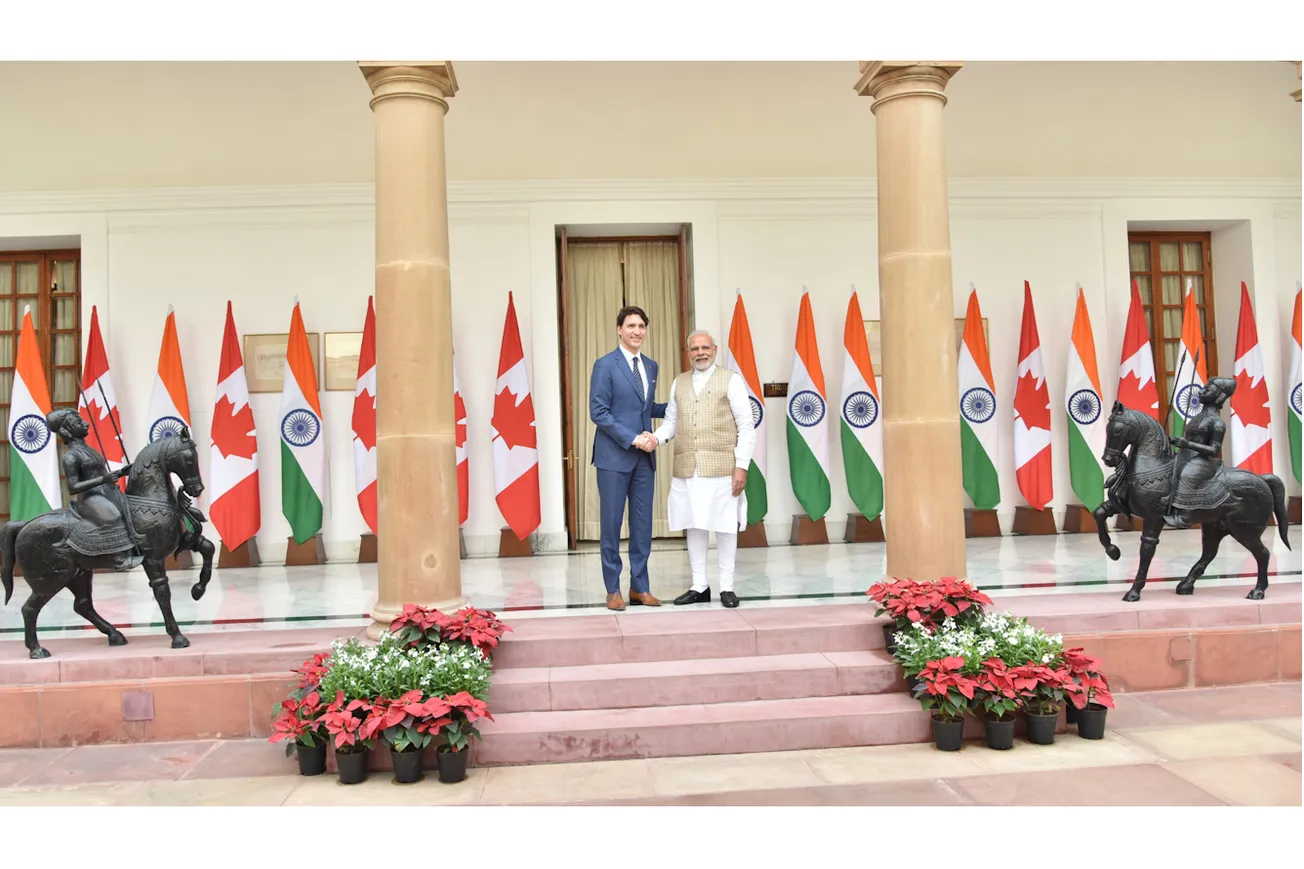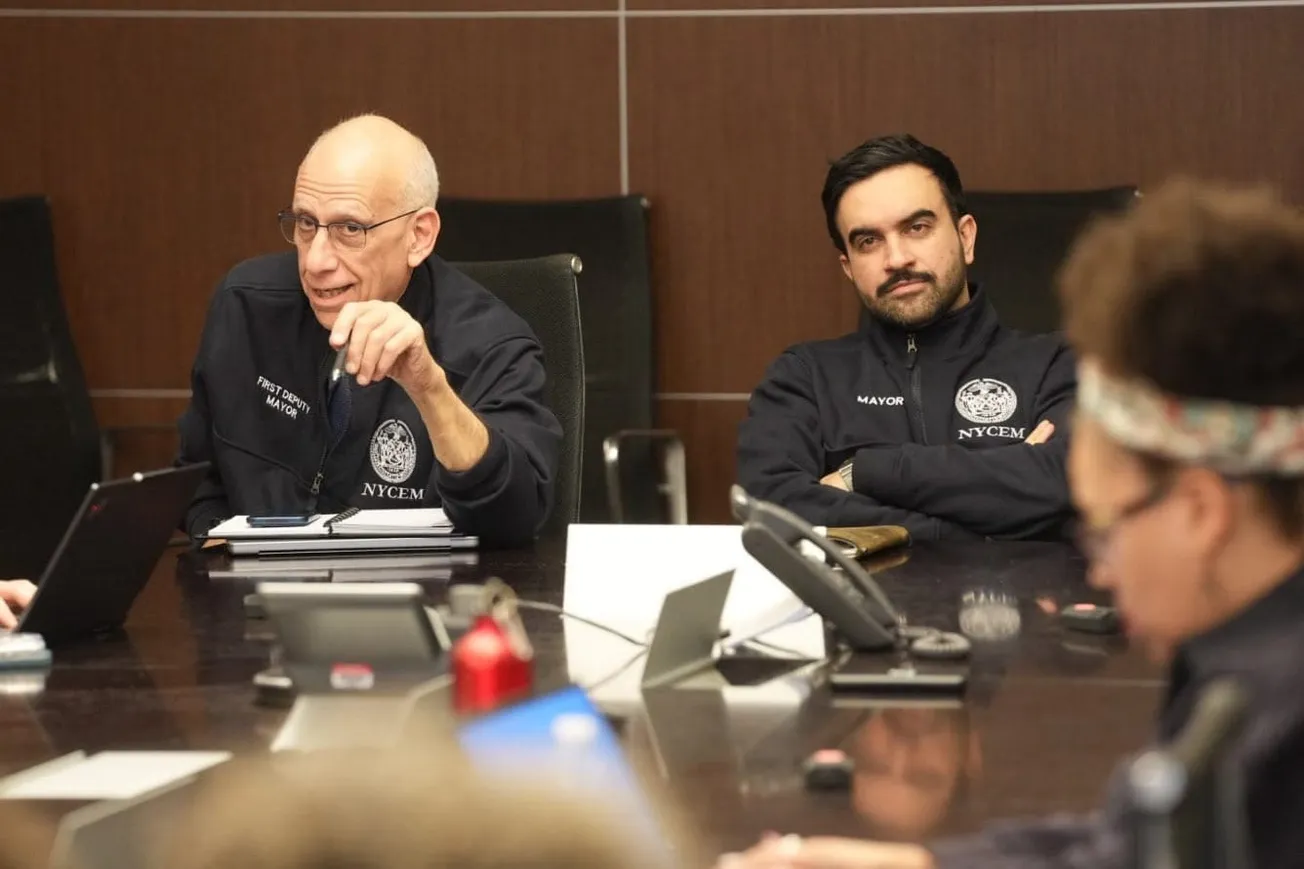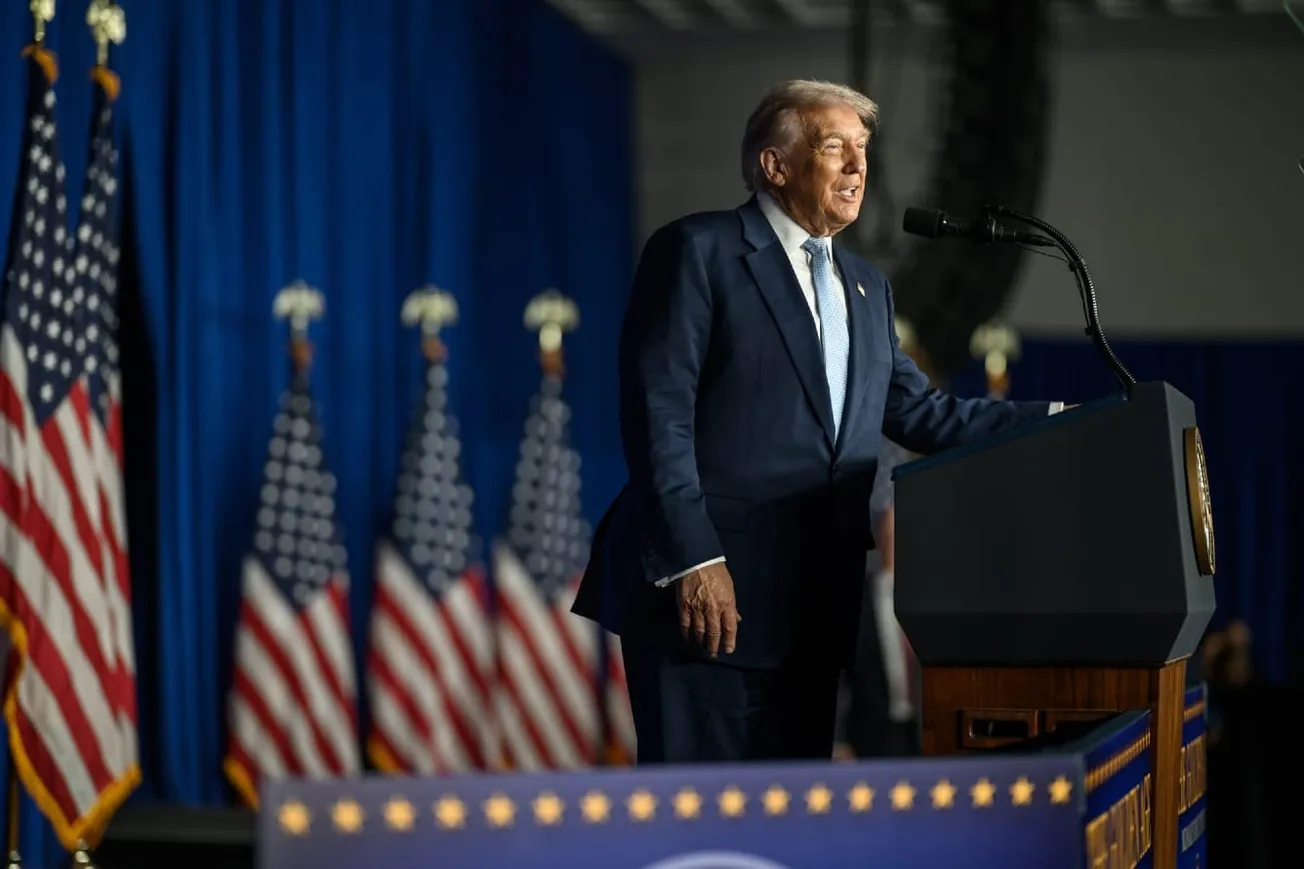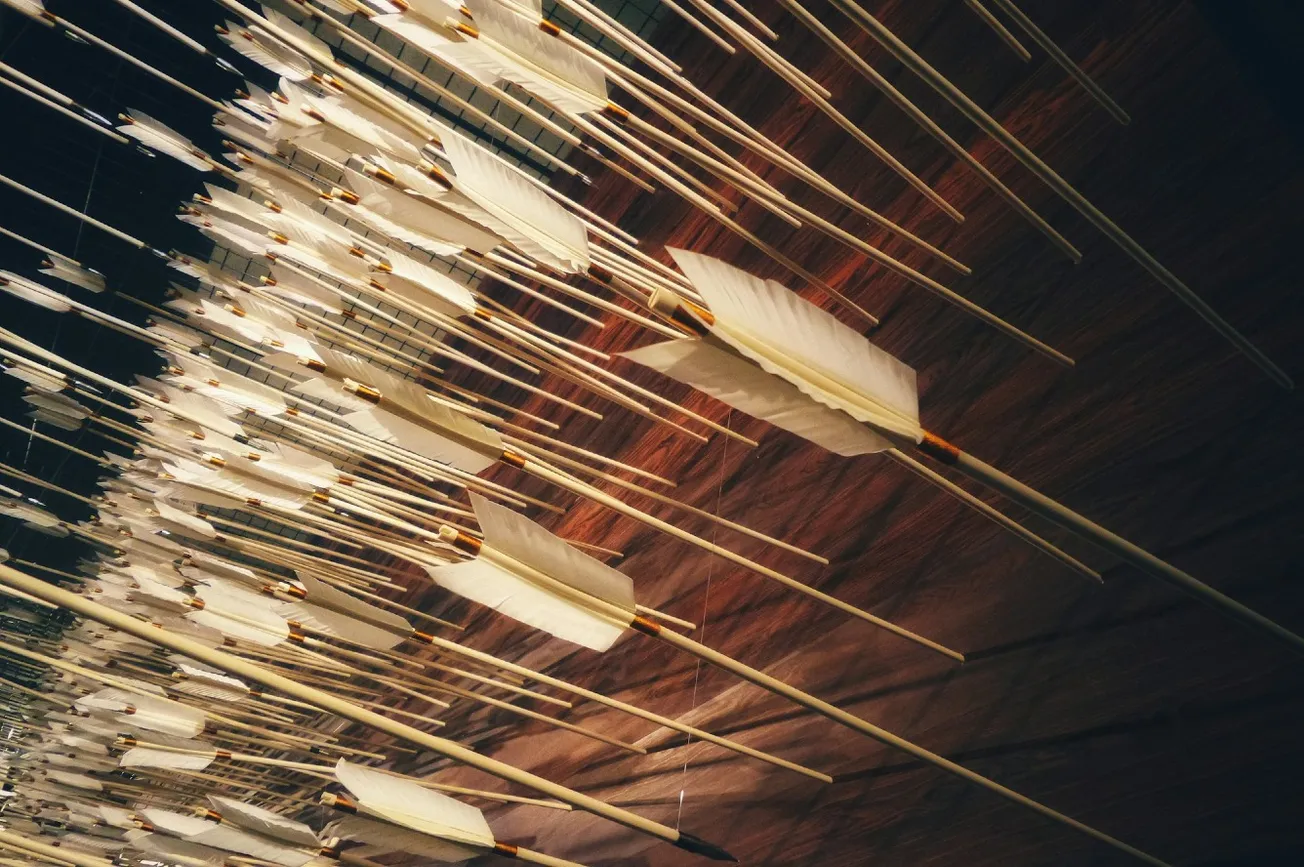- Canadian Prime Minister Justin Trudeau faces low approval ratings and personal challenges
- Trudeau publicly accused the Indian government of involvement in a Sikh separatist leader's murder
- India strongly rejected Trudeau's allegations, leading to diplomatic tensions and expulsions
- The Khalistan movement's history and the Sikh diaspora's influence in Canada play a role
- Trudeau's actions risk damaging bilateral relations and Canada's reliance on India for students and immigrants
Canadian Prime Minister Justin Trudeau has had a few rough years at home. His disapproval ratings breached the 60% mark this summer and are now at 63% - the worst for a Western leader.
On Monday, Prime Minister Trudeau did something remarkable. In an emergency statement to the Canadian Parliament, he charged that the Indian government was potentially responsible for the murder of a Sikh separatist leader, Hardeep Singh Nijjar, 45, in British Columbia in June. "Canadian security agencies have been actively pursuing credible allegations of a potential link between agents of the Government of India" and Nijjar's death, Trudeau said.
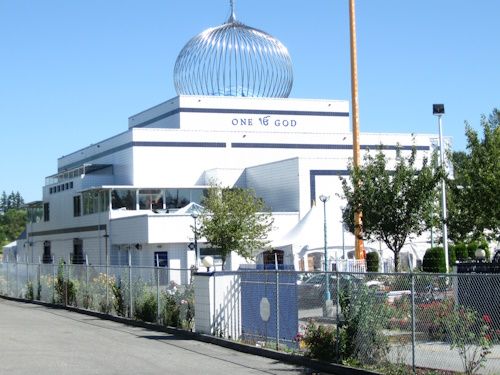
The next day, Trudeau appeared to walk back his comments a bit:
Canada is not trying to provoke India by suggesting it was linked to the murder of a Sikh separatist leader, but wants New Delhi to address the issue properly.
But the diplomatic damage had already been done. India vehemently rejected Trudeau's allegations and said it had nothing to do with the killing. Raising the ante, New Delhi repeated its previous claims that Canada, which hosts the largest number of ethnic Sikhs outside India, had continued to provide a safe haven to Khalistan separatists.
Canada expelled an Indian diplomat, and India expelled a Canadian diplomat. Fearing reprisals against the minority Indian diaspora in Canada, about 3.7% of the population, the Indian government suspended all visa processing for Canadians planning trips to India.
Background. The Khalistan movement - demanding a separate Sikh country carved out from India - gained significant momentum in the early 1980s when the Indian government cracked down on Jarnail Singh Bhindranwale, an Indian militant and Khalistan leader, who sought refuge in Amritsar's famous Golden Temple. He was killed in a firefight with the Indian Army in 1984.
In revenge, Sikh bodyguards of then-Prime Minister Indira Gandhi assassinated her on the lawns of her home. Riots ensued, and it took months for the country to heal. Fearing additional government action, the Khalistan movement left India altogether and remained in the Sikh diaspora in the UK, Canada, and the United States. The person allegedly murdered in a Vancouver suburb, Hardeep Singh Nijjar, was a devout Khalistan sympathizer.
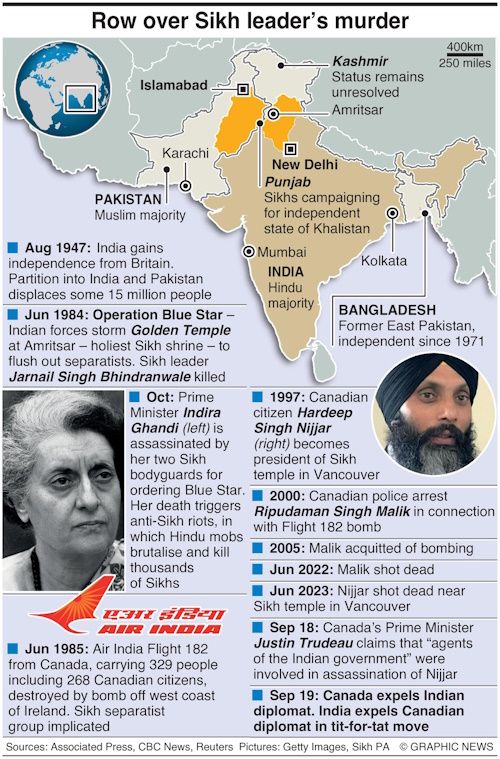
Poor judgment. Trudeau, as the leader of Canada, a member of the G-7, should have been more prudent. These spats are typically resolved in private conversations at the highest level, with security agencies of both countries actively involved. All governments are vested in protecting their homeland and frown upon terrorist activities that grow abroad.
For decades, the Israeli Mossad has routinely and quietly conducted covert operations against individuals (deemed a threat to the State of Israel) in foreign countries. After 9/11, the CIA has eliminated thousands of militants, even outside of war theaters. The Indian government does not have any history of conducting covert operations on foreign soil.
Some circles maintain that domestic vote-bank politics dictated Trudeau's moves. At 2% of the population, Sikhs are a powerful minority force in Canada and are active in all three major political parties - Trudeau's Liberal Party, the Conservative Party, which sits in opposition, and the New Democratic Party (NDP). Currently, nearly 30% of cabinet ministers are Sikhs. The head of the NDP, Jagmeet Singh, has the potential to become Prime Minister if the NDP comes to power.
But, we question the wisdom of a G-7 leader to cast public aspersions on a G-21 leader, having just attended the New Delhi summit. What did Trudeau expect from New Delhi by raising the matter in the Canadian parliament?
Canada needs India a lot more than India needs Canada. According to the BBC, India sends the highest number of international students to Canada - in 2022, they made up 40% of total overseas students at 320,000. Canada has an aging population that needs young, skilled immigrants to pay the country's extraordinarily high tax rates to fund its cradle-to-grave welfare state. These immigrants are in demand worldwide, so if relations worsen, it will be Canada's loss as the skilled workforce is easily absorbed in other countries, like the United States, Ireland, Germany, or Australia.
Trudeau's unforced error will have a monumental impact on the two countries' bilateral relations. As things stand today, things will only get worse before they get better.
Like our insights? Show your support by becoming a paid subscriber!

